
Patton Oswalt’s stand up comedy is more literary then most actual literature, so perhaps it’s not a surprise that he makes the transfer to book form exceedingly, if unevenly, well. If Reading Dennis Leary and Lewis Black makes you feel like you’re catching half the act, than Zombie Spaceship Wasteland manages to capture ever ounce of the idiosyncratic view, eye for damning detail, hilarious allusions, and 180 degree point of view shifts that make Oswalt’s comedy so bracing.
From wistful vignettes about growing up, to comics about Vampires (“You’ve seen things!?!” an irate bloodsucker asks another Vampire a few hundred years his junior, “Like what? The first VCR? The Finale of Friends?”) To a satire of the modern Hollywood “romantic comedy” so angry that I’m shocked my hands didn’t blister. If Zombie, Spaceship, Wasteland has a flaw it’s that it seems the work of a man worried that he will never write another book again and thus must get everything he has wanted to do in now NOW NOW NOW!!!
But if it lacks the unity of his stand up albums, and if the 26 dollar price tag is just a little too much for a hundred fifty page book for me to give it an unqualified recommend, more then makes up for its brevity with it’s searing brilliance. Patton Oswalt is one of the funniest people on the planet and it’s nice to know he can be so in any medium.

Bill R of the indispensable The Kind Of Face You Hate noted this in his review of True Grit…
"...and it's unusual to me that anyone would bother to point out that the dialogue in True Grit is largely the work of Portis and not think to also mention that his words are pretty much the perfect marriage with the Coens' sensibility. Several times already they've seemed to make films that are simply adaptation of Portis novels that Portis never wrote. The very act of adapting Portis is already a Coenesque thing to do."
And judging by passages like this in Dog Of The South-
"One of his favorite ploys was to take a seat at the bar and repeat overheard fatuous remarks in a quacking voice like Donald Duck. Or he would spit BB’s at people. He could fire BB’s from between his teeth at high velocity and he would sit there and sting the tender chins and noses of the drinkers with these little bullets until he was discovered and, as was usually the consequence, knocked cold as a wedge."
I'd say that's fairly close to the mark.
The Dog Of The South is a book that leaves one grasping for antecedents. It’s like Cormac McCarthey was employed to write a Three Stooges episode, or if Kurt Vonnegut decided to try his hand at hard boiled fiction, or as if Sam Pechinpah abruptly decided to make Bring Me The Head Of Alfredo Garcia slapstick.
The story follows Ray Midge, whose wife has just run off with her ex husband and his credit cards, car and boyhood shotgun. Midge tracks them south of the border to, to… well he’s not right sure. It’s easy of course, to imagine what someone else would do in this situation. Pulp Fiction is simply swimming with angry men chasing after the no good heel who ran off with their wife, and the no good dame herself. But Ray Midge is a simpler more confused sort and when he catches up with his wife and husband… Well suffice to say that that Portis is more interested in texture and character and hardly a paragraph goes by that doesn’t have some wonderful vagary of character, detail or language.
Suffice to say, I have a feeling I will soon become very sorry that there are only five Charles Portis novels.

Carl Hiassen chronicles his return to golf. I have to admit that I was expecting a little more Hiassen and a little less golf. His trademark wit and outraged social conscience do drop by to say hello from time to time. But they can’t stay long. All in all there are enough funny lines and moments of trademark Hiassen temper to make me glad I spent the dollar at the garage sale where I picked this up. But I’m afraid I can’t give it a sturdier recommendation ten that. Don’t read unless the prospect of page upon page about bitching about Handicaps causes you to rub your hands together in anticipation.

To say that the Vampire genre is a bit overrun at the moment is an exercise in understatement. So it’s nice to have a reminder like Matt Haig’s modest novel The Radleys that there is still plenty of juice left in the old archetype yet.
The Radleys are a family of Vampires crouched in Suburban Northern England. They’re “abstainers” basically vampire dry drunks and they seem to have an epic bender waiting in their future. Haig wrings an unseemly amount of tension out of waiting for that Bender to finally come. The vampire as addiction metaphor has been done before, but it has seldom been done so well. Haig paints both the desperation of abstaining and the exhilaration of the effects of feeding so well, that it seems like almost a matter of course that The Radley’s will give in. Not an if, but a when.
The fact that the promised Bender never exactly materializes seems to be because Haig likes his characters so much. (Though as a rule his younger characters are much more interesting then their elder counterparts, who are a little anemic. The Radley Father in particular seems more a placeholder then character.) This is in itself an admirable quality. But it indicatives of the problem it has on the whole.
Haig has mentioned that The Radley’s was written originally as a screenplay and it shows. And its lineage is obvious. For all the good and bad that implies. There’s crisp pacing, but plenty of predictable McKee story beats as well, not to mention plenty of “Gotcha” moments most likely written with the thought “This will look bloody brilliant in the trailers!”
The screenplay nature of the film crops up more problematically in its clumsyish exposition lots of lines like “Of course not Helen. You can’t bloodmind Vampires!” (Yes of course Helen why it sounds almost like this was some sort of important information I had to deliver for the sake of the plot.)
More problematic is that while Haig’s novel is devastatingly effective in the micro, the everyday drudgery of ignoring the one thing you know will make you happy day in and day out, his macro world filled with unconvincing bureaucracy on both the human and vampire side is much less so. Most of this is once again toes into another sin of the screenplay father, that of “Thou shalt set up for thy sequel.”
This is one of those uncomfortable reviews to write where I can only promise that I enjoyed the book much more then it sounds like I have. The Radleys has its flaws no doubt. But it is a well written genre novel that the author plainly cared about. Which as any genre fan knows is a reward unto itself.

Review Pending.

To call Population 1280 darkly funny seems almost willfully misleading. Pitch Black doesn’t so much describe its tone as shrug meekly in its direction. Bulworth is darkly funny. Population 1280 leaps into a stygian blackness of sadistic violence, racism, incest, idiocy and other assorted unsavory acts and laughs as it drowns. I’m fairly certain reading it has made me a worse person.
Like something that Mark Twain would write if he was psychotic, or something idly dreamed up by a corn pone Marquis De Sade. Population 1280 employs the greatest unreliable narrator of all time as he goes about his business as The Sheriff of Pottsville, the forty seventh largest county in the state!
At first he seems like your average noir hero beset by circumstances on all sides. But very soon it is revealed that he has a skill for discord and temptation that is Mephistophelian. Soon things get dark enough to make Thompson’s own The Killer Inside Me look like The Sound Of Music.
It would be unfair to give away just where Pop. 1280 goes. Suffice to say, that if you think you’ve found the bottom you’ve got a long long way to go.

Death Wish by Christopher Sorrentino is the second entry in Soft Skull Presses’s admirable Deep Focus series.
As you might have guessed from the title this time the slumming novelist in question is tackling Death Wish. As with Lethem’s entry, one does occasionally have to strap on hip waders to get through the bullshit. Take this jem…
“… a highly selective outrage that isolates the film from its antecedents, there by isolating it from film itself the better to isolate it on extra cinematic grounds (an act, really, of criminal misfeasance)"
I know how to extract meaning from a sentence like that, but I kind of wish I didn’t.
Sorrentino’s style is digressive, contrarian and tangential and sometimes (Oh joy) it’s all three at once. At one point I had to flip back to the beginning of a chapter just to make sure it wasn’t entitled “Woody Allen: Why I Hate Him” (Answer: He puts references to books in his films! Amirite?)
But in all fairness, Sorrentino’s hit to miss ratio isn’t bad. He finds plenty interesting to say about Winner’s framing, and the problems inherent in the film’s narrative structure. But I wouldn’t go out of my way. Deep Focus’s mission is a noble one and thus I will continue to support it. I can only hope that one day they produce a book worthy of it.

The Long Walk, is a brutally effective work by a young Stephen King (Writing as Richard Bachman). The premise is simple; a group of a hundred boys get together and start to walk. Whenever one of them slows below the designated speed limit, they are shot.
It’s brutally effective as a premise, and it bludgeon all the dime store Freudianism (Bachman always was a bit more self conscience then King) and other flaws that the book has. The most devious thing about the book is the way that King sneakily suggests that not much has changed in this new America where the game is held. It’s one thing to read about this sort of thing in a dystopian hellscape, ala Susan Collins, and quite another to read about it in an America where King suggests that shit has gone on more or less as usual when ruled under a military junta.
There’s still mom and pop stores, work in the textile mills, and drive ins. It’s just that every year a hundred boys are killed.

“But let us have no antiquarianism about Dickens, for Dickens is not an antiquity. Dickens looks not backward, but forward; he might look at our modern mobs with satire or with fury, but he would love to look at them. He might lash our democracy, but it would be because like a democrat, he asked much from it. We will not have all his books bound up under the title of “The Old Curiousity Shop.” Rather we will have them all bound up under the title, Great Expectations.”
-GK Chesterton, Tremendous Trifles-
One can never underestimate the life in Dickens. As Chesterton suggests to approach him as some kind of antiquity is to do so at one’s own peril.
Dickens is of course still a writer whose vividness is staggering. And there are passages here, describing the useless upper classes that will make anyone want to dust off the ole guillotine, juxtaposed with his depictions of poverty and not want to dust off the ole guillotine.
Which is rather the point. As Orwell noted in his intriguing but somewhat wrong headed essay on Dickens, the great tension that powers A Tale Of Two Cities is that Dickens hardly seems sure whether he is more horrified by the behavior of the aristocracy or the mob in revenge. The fact that Dicken’s is so perpetually appalled through out the writing of Tale makes it one of his greatest work, there is simply no place for the middle class sleepiness that makes its way into some of his other work.
And yet people always are trying to make Dickens an anachronism. Pointing to his coincidences, his didactic style, and his social conscience.
But they don’t mention how elegant his use of coincidence can be (such as the graverobbing vignette that at first seems a blush of Dickensian color ends up being crucial to the plot). Compared to the clumsy foreshadowing of modern authors Dickens is downright subtle. As for his social conscience, if his social conscience seems astounding now it is only because the very act of having a social conscience is seen as a gauche one today.
One place in Tales where Dicken’s does seem a wee bit creaky is in the characterization of Sydney Carton. Who we are supposed to consider, more or less the worst man in the world, both by his own admission and Dicken’s scolding narration, when the worst we seem him do is go on a bender. The way Dicken’s writes of him you would think he was drowning puppies.
I say this not out of some kind of superiority to Victorian primness, I simply note the fact that watching Carlton find the strength in himself to overcome his weaker nature to perform his heroic act would have been even more moving if there had been more evidence of weaker nature then hearsay.
Still it does nothing to take away from the splendor of the act itself, and the beauty of those final lines.
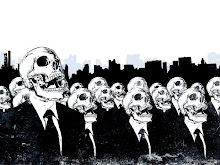




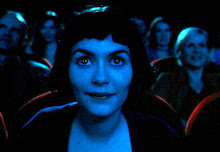

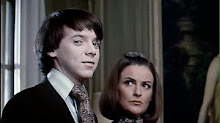



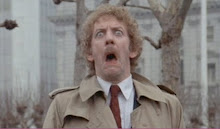
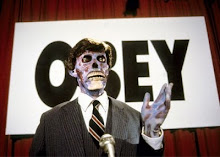


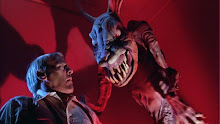
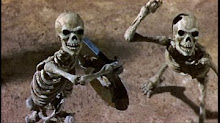
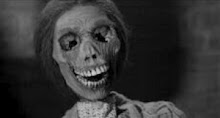
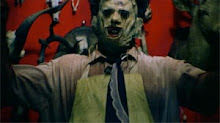
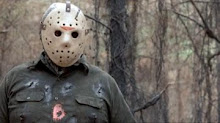
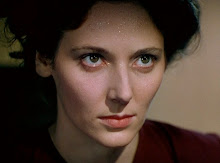


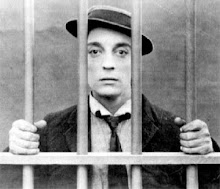

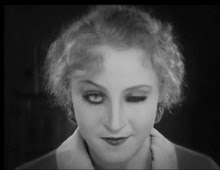
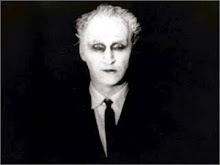
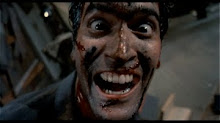
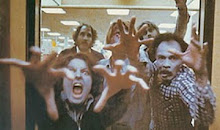
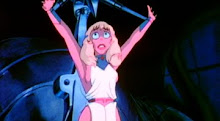
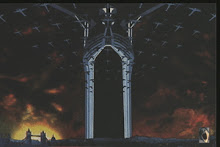
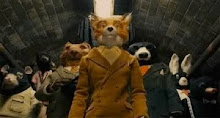
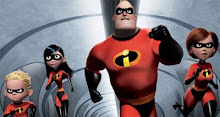
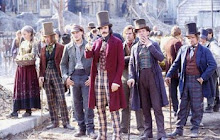

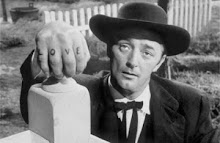
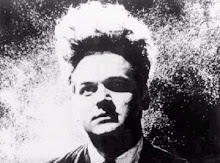
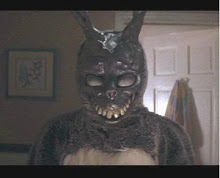

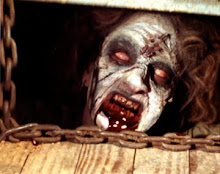
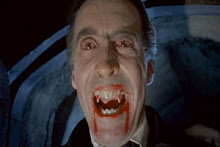

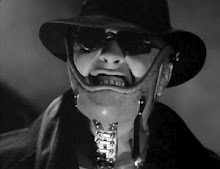
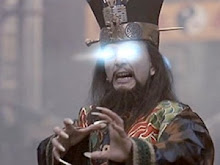


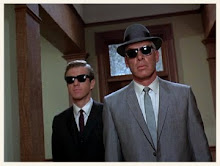
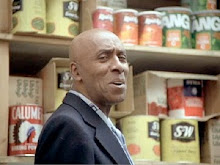

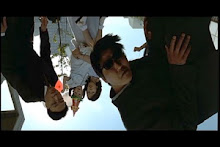


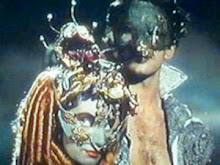
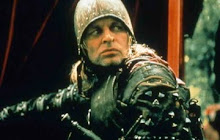
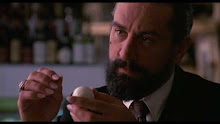
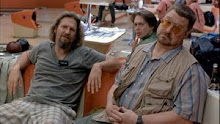
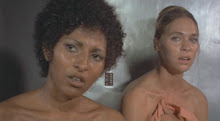

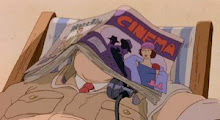
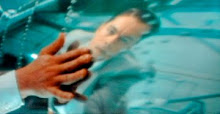
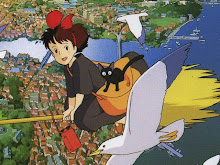

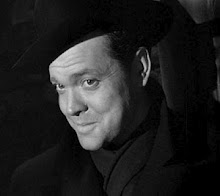
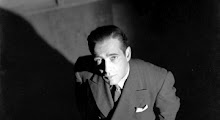

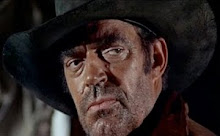
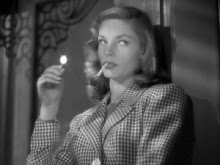

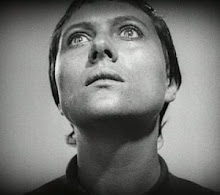

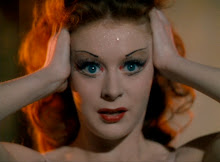

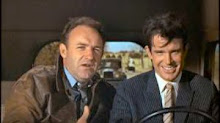

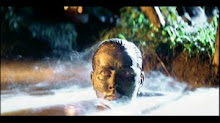


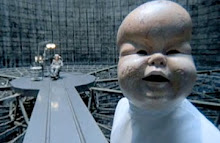
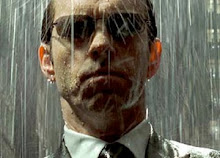
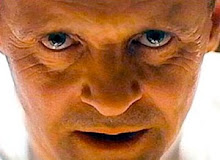




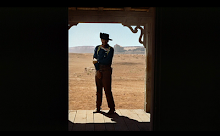


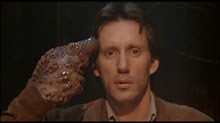

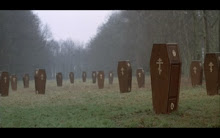




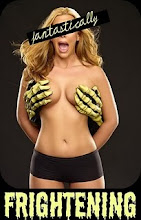
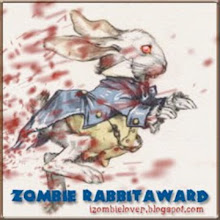

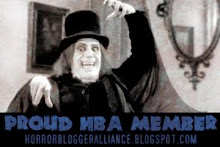
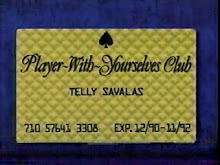
3 comments:
Lucky, reading Oswald's new book.
For lack of anything better to say, I've been reading The Tin Drum, the Taqwacores, and the Wall of the Sky, the Wall of the Eye.
Lots of good stuff here! The Portis and Haig have gotten my attention, and will have to go on my list. I read The Radleys has been optioned with Alfonso Cuaron to produce. Of course all the Bachman books are fun, but ahhh, Jim Thompson and Charles Dickens...two of my all-time faves! Pop. 1280 is one of Thompson's best and you can never go wrong with Dickens.
@ Simon: An ambitious Slate!
@ Gideon: Dude read Portis. Best decision I made this year.
Post a Comment